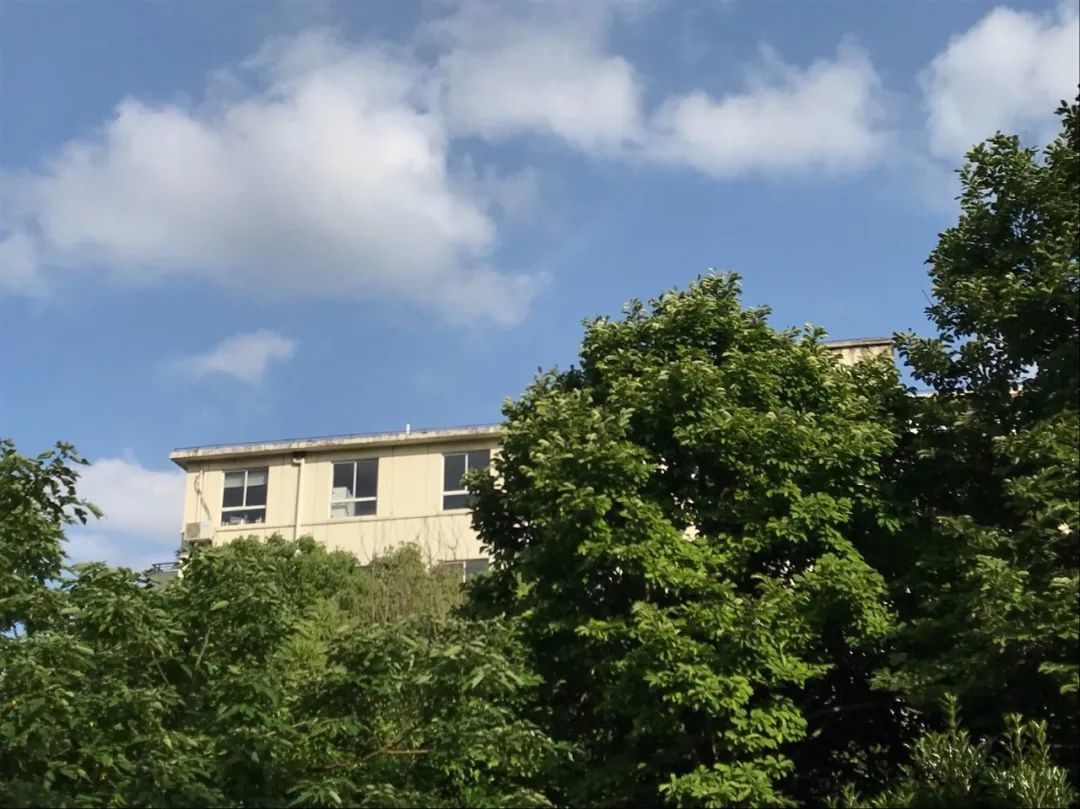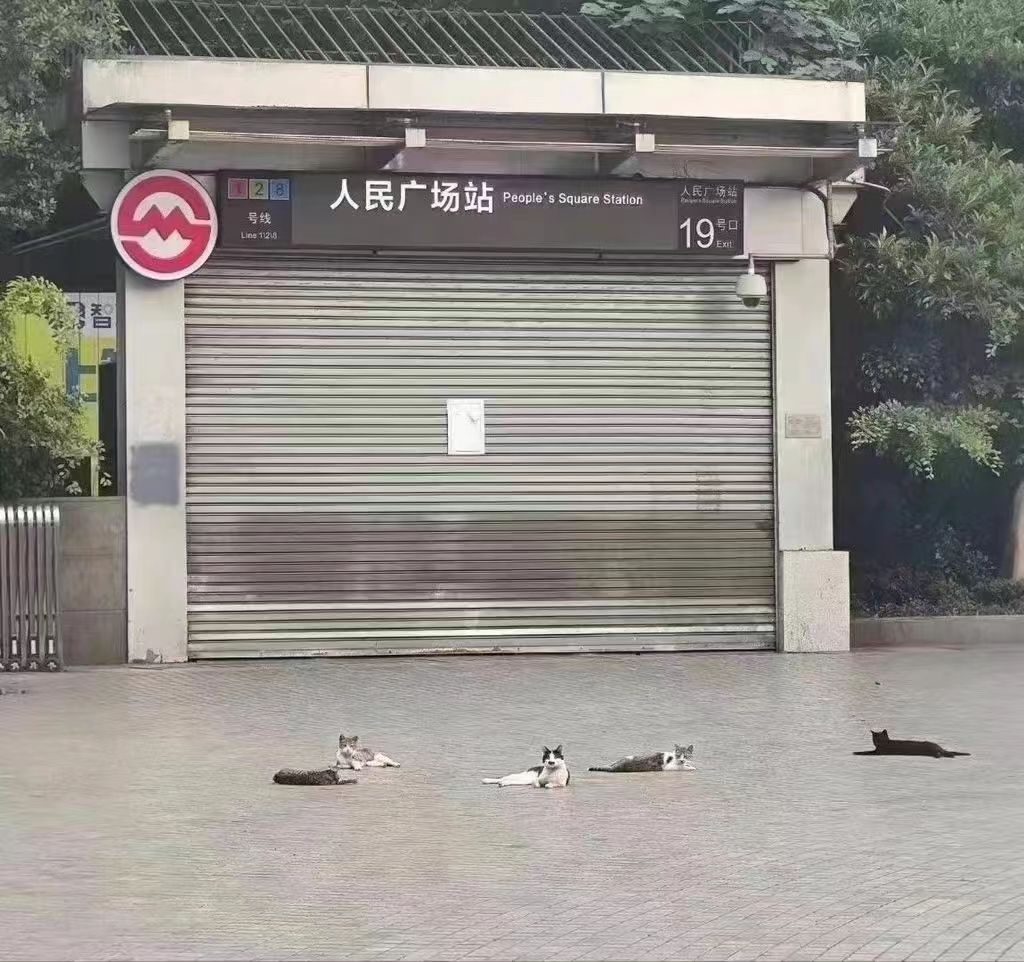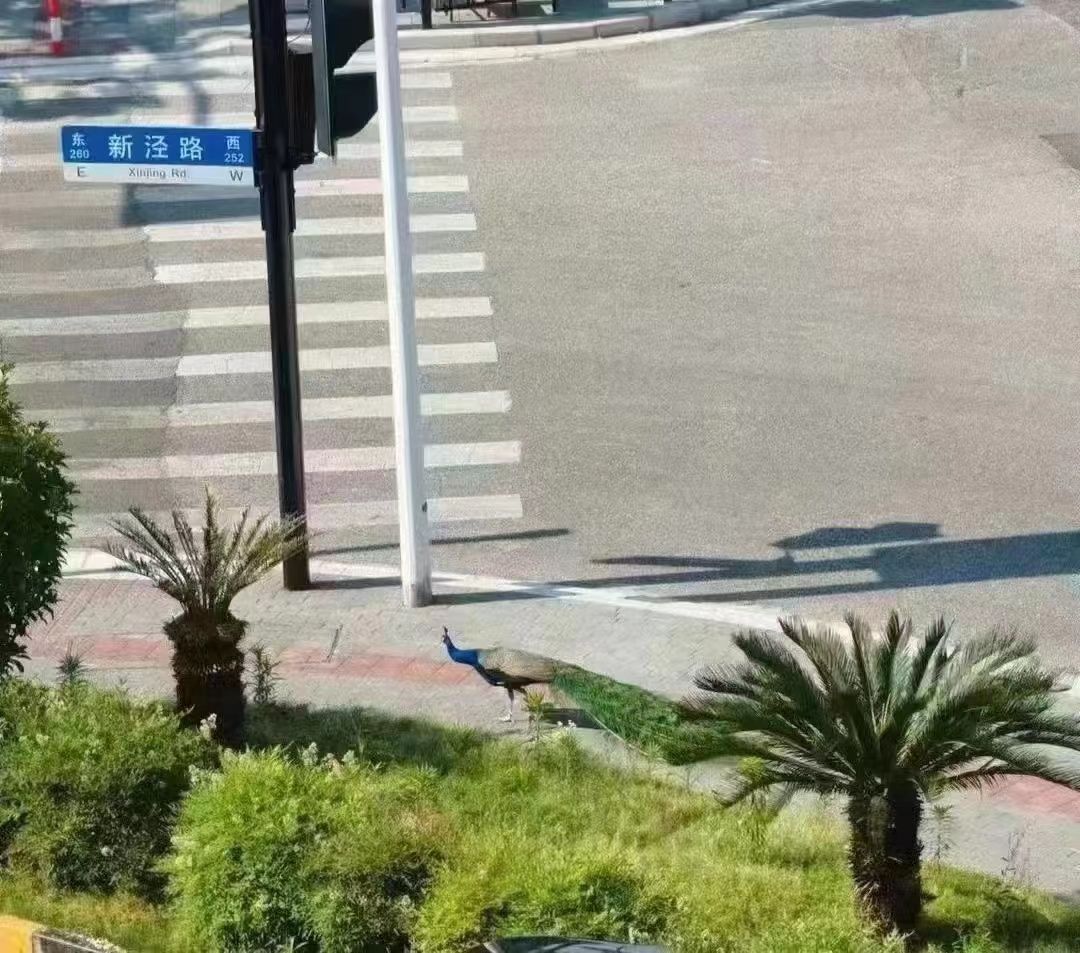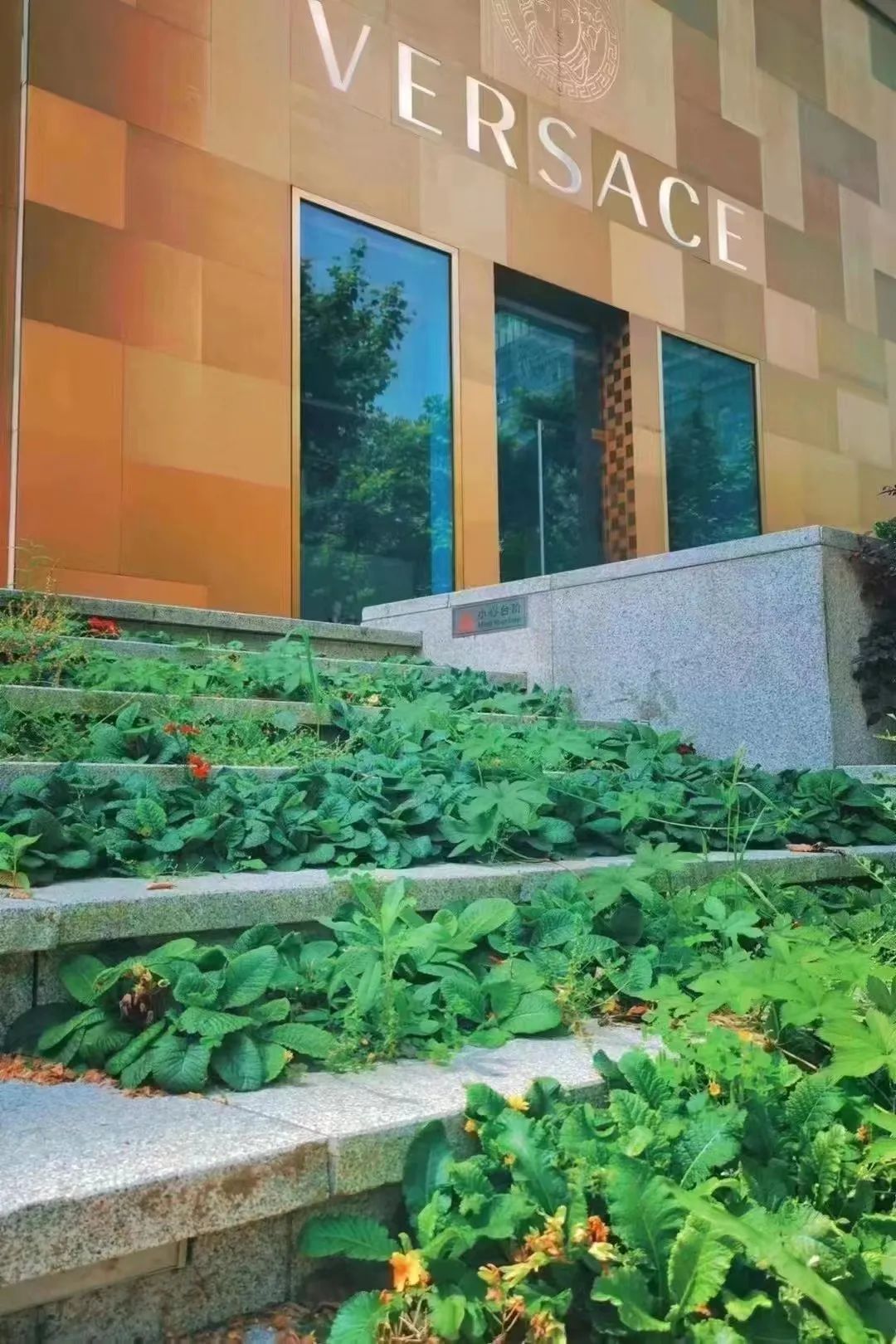
silent spring

Shanghai's short spring has passed without a sound. I read a popular science before. According to the definition of climatology, the average spring in Shanghai is only 37 days a year. Since March 24, like most people in Shanghai, I have not been able to take a step into the community.
For a while, going downstairs to do nucleic acid was the only chance to be allowed out of the corridor every day. Seeing the bright spring, the children said that they missed the days of cycling, outing, and picnicking in the riverside in previous years. I was also disappointed to hear that, who doesn't miss it?
At this point, the only reassuring thought is that nature might be better off without us. I don’t know if it’s an illusion. I feel that there are more butterflies, dragonflies and beetles in the community this spring. Perhaps because of the lack of car exhaust and noise, the trees are unpruned and lush, which makes people feel that apart from people being still. , all things are growing.
Like other places, the most common bird species in the community in the past were nothing more than the "Four King Kong" (bead-necked turtledove, sparrow, white-headed bulbul, and black thrush) in Shanghai. It can be seen that, in the past two months, I have seen egrets and night herons twice. They used to haunt the waterfront of the back beach, but now they have the courage to expand their territory.
It's not necessarily that they sensed our silence. Ornithologist Steve Hitti once said: "If humans disappeared, at least one-third of the birds on the planet would not notice it at all." For ecosystems, it is very likely that we have not imagined it ourselves. so important.
In turn, these birds may be important to our lives. A friend told me that during the time she was blocked in the community, her daily joy was to break through the blockade and talk to the parrot in the neighbor's house.
I can't say that I have much interest in bird watching, but growing up in the countryside has naturally become a part of my local complex. I have lived in this community for 20 years. Although I once wanted to do a "1 square kilometer ecology" to record the vegetation, birds and animals here, I always couldn't care about it. Until now, I have nowhere to go and can only turn over and over again. Observe this postage stamp-sized place.

That being said, I have to admit that most of the time, even when I'm downstairs, I'm walking, reading, meditating, and it's often the kids who see things I don't. Yesterday, the boss told me excitedly that among the camphor leaves, a young silk starling was found. It couldn't fly, but just squatted on a branch. In early spring, he also found a black thrush's nest, and went to see it every day until all the chicks left the nest.
After living here for so many years, it was the first time I went to some corners of the community, because I usually went out on a fixed route, and I never felt that there was anything worth exploring in those corners. It was only this time that I discovered that the ventilation openings of each building often become bird nests. It seems that the mercerized starlings especially like to make their nests there. At the beginning of the month, next to the rockery by the pool, I saw a hedgehog for the first time. It was a dead little hedgehog. The child was a little sad and muttered: "Its parents should be nearby, right?"
In this Silent Spring, it's hard not to think of Rachel Carson's famous book - in 1962, she published "Silent Spring", which is just a year old. She begins with a fictional town with a beautiful scenery, but soon "a strange shadow covers the area and everything begins to change", a "mysterious disease" looms over the town and the crowd "appears some sudden , an unexplainable phenomenon of death", "a strange silence has enveloped the place": the sound waves of birdsong are gone, the fish are dying, the fruit trees are not bearing fruit because they are not pollinated, this "is not magic , nor is it that the activities of the enemy prevent the life of this damaged world from being revived, but that the people themselves injure themselves.”

The current situation is of course different, and ironically, because of our folly, we may have inadvertently done something right: the world, separated by a wall, looks like it has been ceded to animals. Outside the bustling subway People's Square Station, many wild cats are basking in the sun; on the empty road, groups of wild dogs wander; on Xinjing Road, there are actually peacocks walking.
In the past two months, the city is naturally recovering after a sudden silence. Of course, every inch of Shanghai's land is subject to strong human intervention, and the so-called "nature" is probably a domesticated landscape, but even so, when this domestication stops, a reverse process of "rebarbarization" begins .
From time to time, I see someone sharing the scene after the city has come to a standstill: the grape seedlings that have been in the warehouse for a month have climbed the vines; grass has grown between the stone crevices on the Bund; Planting plants; the grass in Zhangjiang football field is growing like crazy.
Although some plant experts pointed out that some of these plants themselves are not completely weeds, as if they cannot be regarded as "natural", this is not important. The important thing is that this allows people to see what the city will look like after we disappear, and the city scene that appears in front of us on weekdays is actually the result of continuous maintenance by countless people.

On the Internet, this sometimes evokes a mixture of sadness, emotion and jokes. A friend who has been immigrated for many years is puzzled: "At that time, during the great blockade in Europe, the restoration of ecology was praised and preached everywhere. This contrast is too great. Big!"
Of course, this hasn't always been the case in Europe. After the fall of the Roman Empire, the once prosperous Colosseum was reduced to ruins. By the 1850s, British botanist Richard Deakin wrote a book "The Flora of the Colosseum", listing 420 of the ruins. There are 56 kinds of wild plants, including 56 kinds of grasses and 41 kinds of leguminous plants, some of which are even quite rare in Western Europe. It is possible that their seeds were first hidden in the fur of beasts and came from afar. Fifteen years later, however, the new Italian government handed over management of the Colosseum to professional archaeologists, and nearly every plant has been removed from the walls.
After the end of the Cold War, RAF Greenham was no longer a nuclear base, and nature's counterattack began, "bats inhabit missile silos, yellow-striped toads in old ammunition boxes". Writing in New Scientist in 1996, Laura Spinney imagined that after being abandoned, London would be restored to the swamp it once was. That only takes about 250 years.
As a city built on a seaside wetland, if one day Shanghai has a similar fate - according to London's calculations, two months is equivalent to completing the initial 1/1500 of the progress bar. After looking at it, I felt that it was nothing. After all, there are countless ancient cities that have been abandoned in history, and how many have been turned into grass. From the perspective of ecological restoration, it is not a bad thing.
The civilization we cherish may be only a limited life on the scale of time and space, but for those who live in it, it will be believed that it is an immortal eternal city. This is most likely an illusion.
In a sense, all people and all cities are "parasitic" on the surface of the earth, and the earth is our host. Relying on its own biological instinct, the virus also knows that the result of killing the host will be that it will not survive, but human beings have only just begun to learn this lesson of evolution after they have no natural enemies.
The title page inscription of "Silent Spring" says that the book is dedicated to the humanitarian philosopher Albert Schweitzer because he affirmed that "humanity has lost the ability to foresee and self-control, and it will destroy the earth itself and perish with it. "Theory. Of course he is right, but as it is often said, the lesson of history is that mankind never learns the lessons of history. It depends on whether we can evolve new humans before destroying the host.
Like my work?
Don't forget to support or like, so I know you are with me..
Comment…